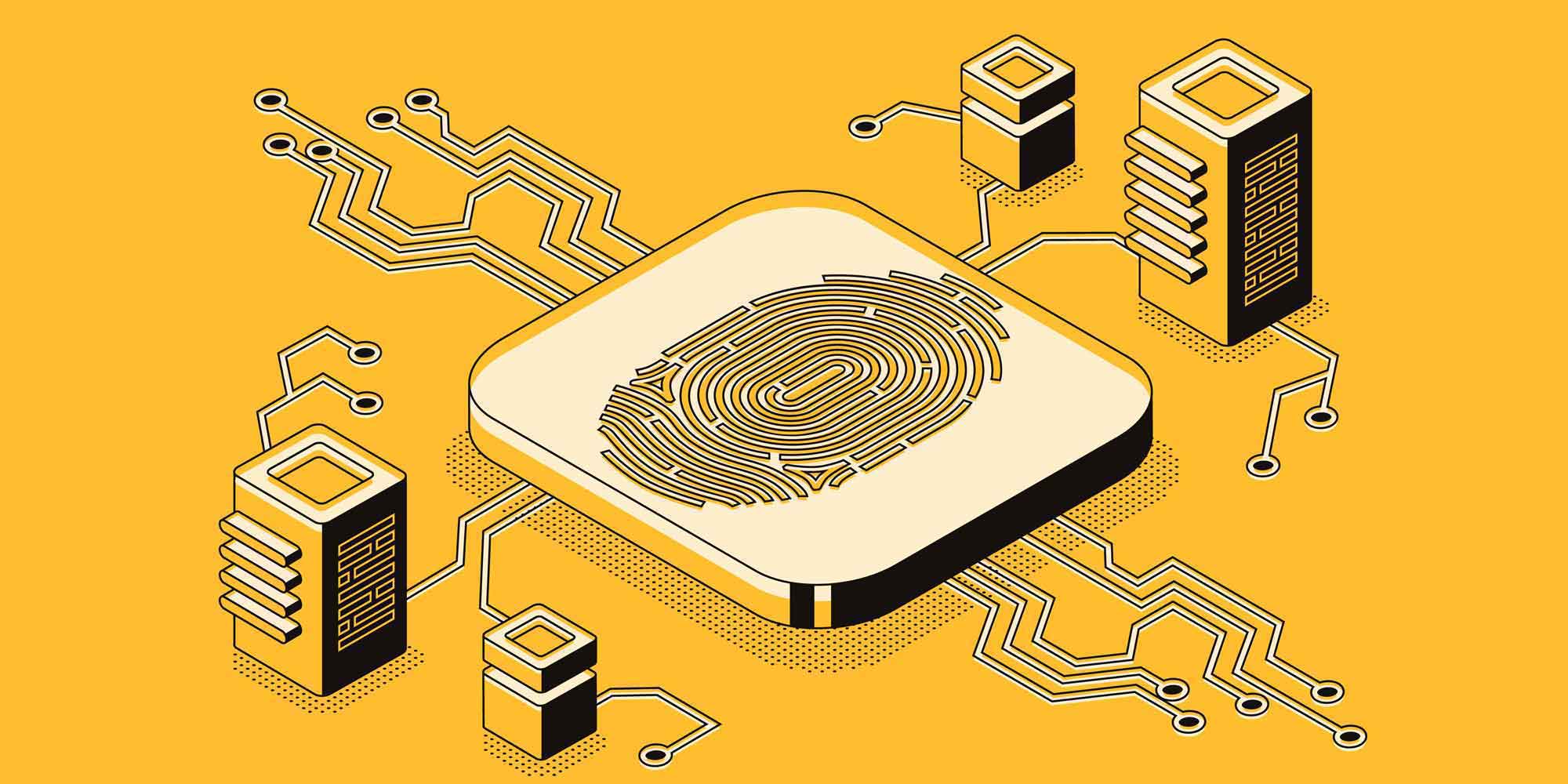
How to Create a Data Security Plan for Companies?
Data security, which should be interpreted both theoretically and technically especially with the Personal Data Protection Law in Turkey (KVKK) and GDPR. It brings important responsibilities to all companies at all scales. Data security, which is not limited to KVKK/GDPR, also includes employees, customer data, equipment and processes. Therefore, as digitalization becomes widespread inside or outside the enterprise, the risk of data security increases since the attack layers are increasing. Digitalization, which makes things easier both individually and institutionally, seems inevitable for everyone. So, how the data security problems can be overcome created by digitalization? Which methods can be applied and how? Here's what you need to know about data security and planning...
First, What is Data Security?
In order to understand how important data security is for companies, it is necessary to know the definition and scope of data security. Data security, in its simplest form, "Protection of data against all kinds of unauthorized access." means. However, this concept, which can be defined quite simply in theory, has many layers in practice. For example; the seizure of admin accounts by malicious individuals to access the critical data, the ability to learn the information inside the company with deepfake, being threatened by ransomware are just a few of the problems caused by data security vulnerabilities. Therefore, mastering data security elements and functions provides a great advantage in terms of cyber security.
What are Data Security Elements?
Data security, which consists of three basic steps, cannot function properly unless these steps are available. Under these three main headings, there are various agreements, hardware and software solutions to ensure that all these processes can proceed smoothly. These data security elements are;
Privacy: Also known as data privacy, is often confused with data security and can be thought of as the same concepts. The differences between these two concepts, also issued in our previous blog called "5 Differences Between Data Security and Data Privacy". From that perspective, data privacy is a part of data security, as well as the first and the basic step in protecting personal or corporate data. In addition to that, without a framework that reveals content and limits, the scope of data security can lead to uncertainties.
Integrity: Another step of data security is to prevent data from being altered intentionally or accidentally. This element, which means maintaining data integrity, is provided by various measures such as a password manager in secure access management, two-factor authentication (2FA) and a fully encrypted database via data masking tools or data encryption. Thus, accessing to the data made difficult, and modification of data is made dependent on multi-stage processes and which can also be recorded.
Usability: While providing data security, the system should not be disabled and should maintain it’s lifecycle. You should be especially careful about this, since strict security measures can partially or completely eliminate the ability to connect to the systems of enterprises and the tools. For this reason, you should create a data security ecosystem that can be accessed by authorized accounts at all times.
How to Plan Data Security?
Although the data security capacities of companies in different sizes such as SMEs or holding companies vary, the planning order proceeds exactly the same. It is possible to divide data security planning into two groups in terms of legal and informatics. Under both headings, there are specific details that need to be considered and applied.
Legal Perspective Data Security Planning
The legal part of data security encompasses a very wide audience, from senior executives in the company to other departments, from suppliers to third parties. The most important steps in planning data security from a legal perspective are;
- First of all, a meeting should be held to explain the importance of data security to the top management of the company and to give general information about what can be done in this regard.
- Along with, all departments should be informed and trained in a way that does not cause confusion regarding data security.
- Department officials dealing with KVKK or GDPR in particular should be trained individually and in detail towards the presence of disaster scenarios and other examples.
- The suppliers and third parties with which the company works should be reviewed, and their consent regarding data security should be requested from these institutions and persons.
Data Security Planning From Computing Perspective
Providing data security through informatics, which is the most effective part of data security, can usually be achieved with different software solutions. Information supported data security steps, which include various measures from data monitoring to backup, are as follows;
- Establishing requirements by performing system / database control and surface area analysis.
- Procurement, development and maintenance of information technology (IT) systems.
- Following personal / corporate data security with relevant IT tools.
- Establishing the security of environments containing personal / corporate data.
- Storage of personal / corporate data correctly in the right areas.
- Finally, backing up personal / corporate data.
One of the primary and the most important steps to be taken in ensuring data security and multi-directional cyber security measures is Privileged Access Management (PAM). You can control access to sensitive and confidential data with this method, where you can increase the layers of protection with solutions that help you secure data and access. With the applications such as privileged session manager, two-factor authentication (2FA), data masking and password management, you can control your access and make your data much more secure. With one of the worlds' advanced Privileged Access Management (PAM) solution Single Connect, you can provide a secure and end-to-end Privileged Access Management (PAM) that help you the enhance you data security. Feel free to contact us for further information.
Other Blogs

As Data Security and Privacy Regulations Tighten, Governance Solutions Are Growing








